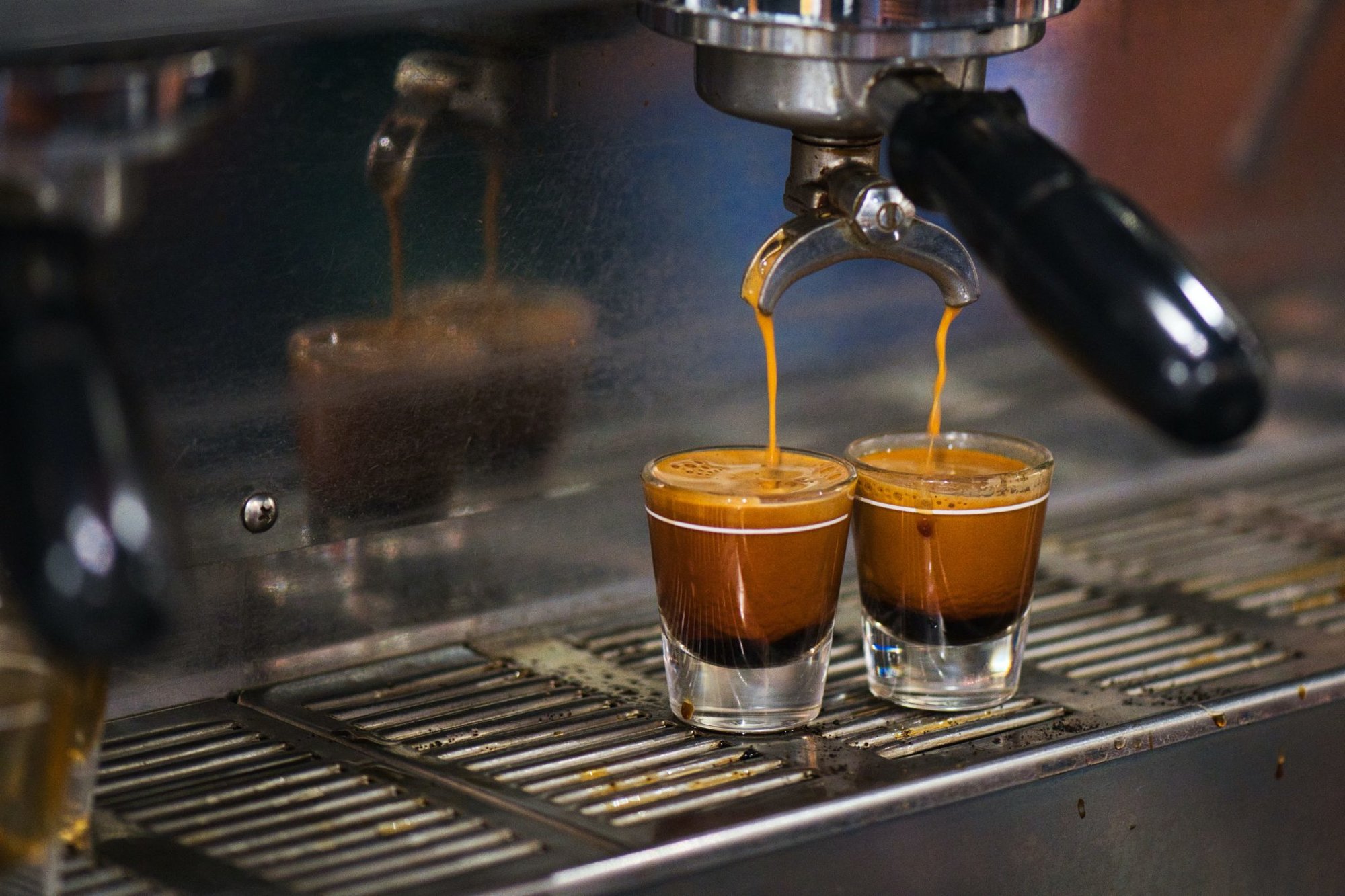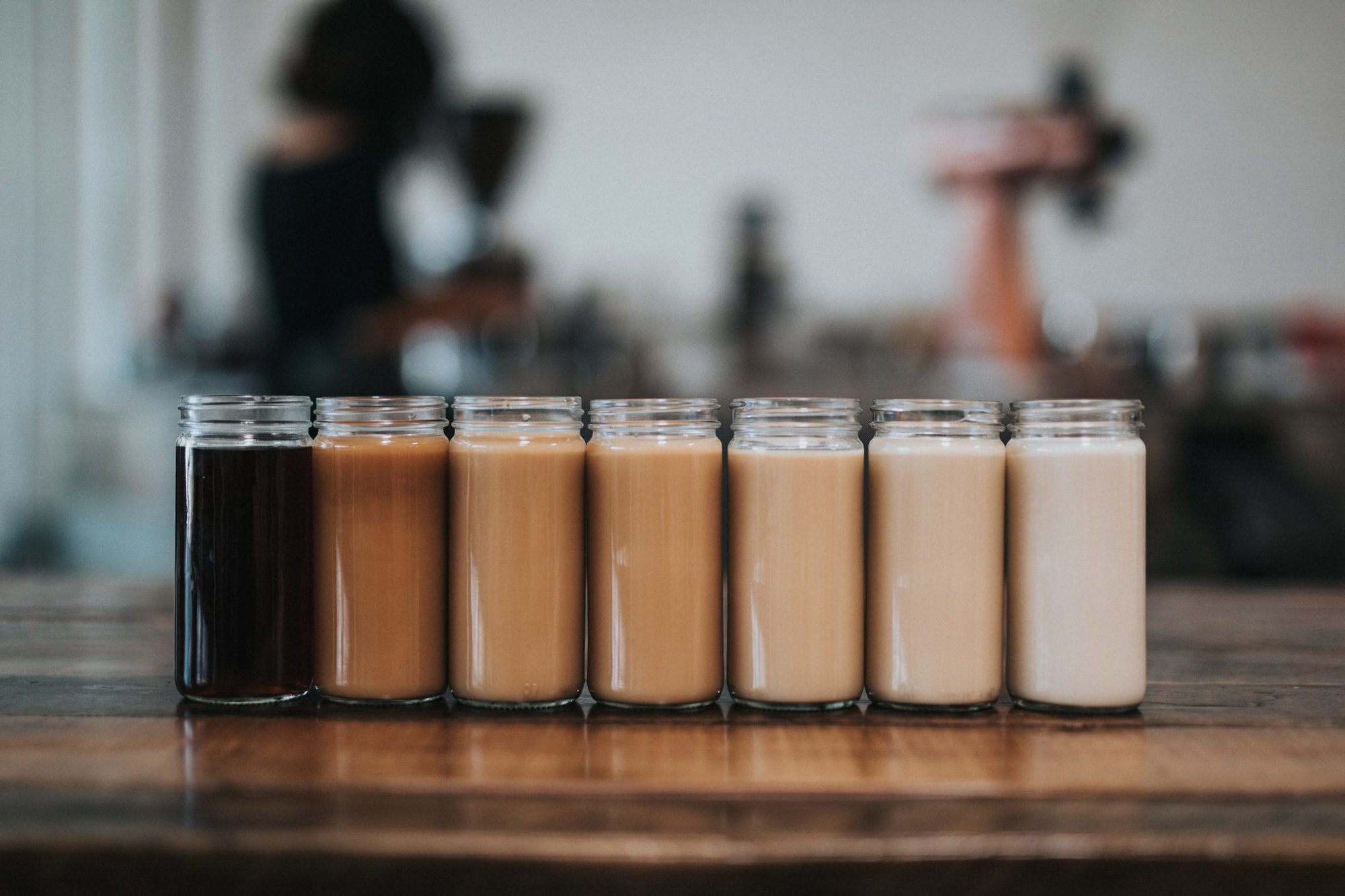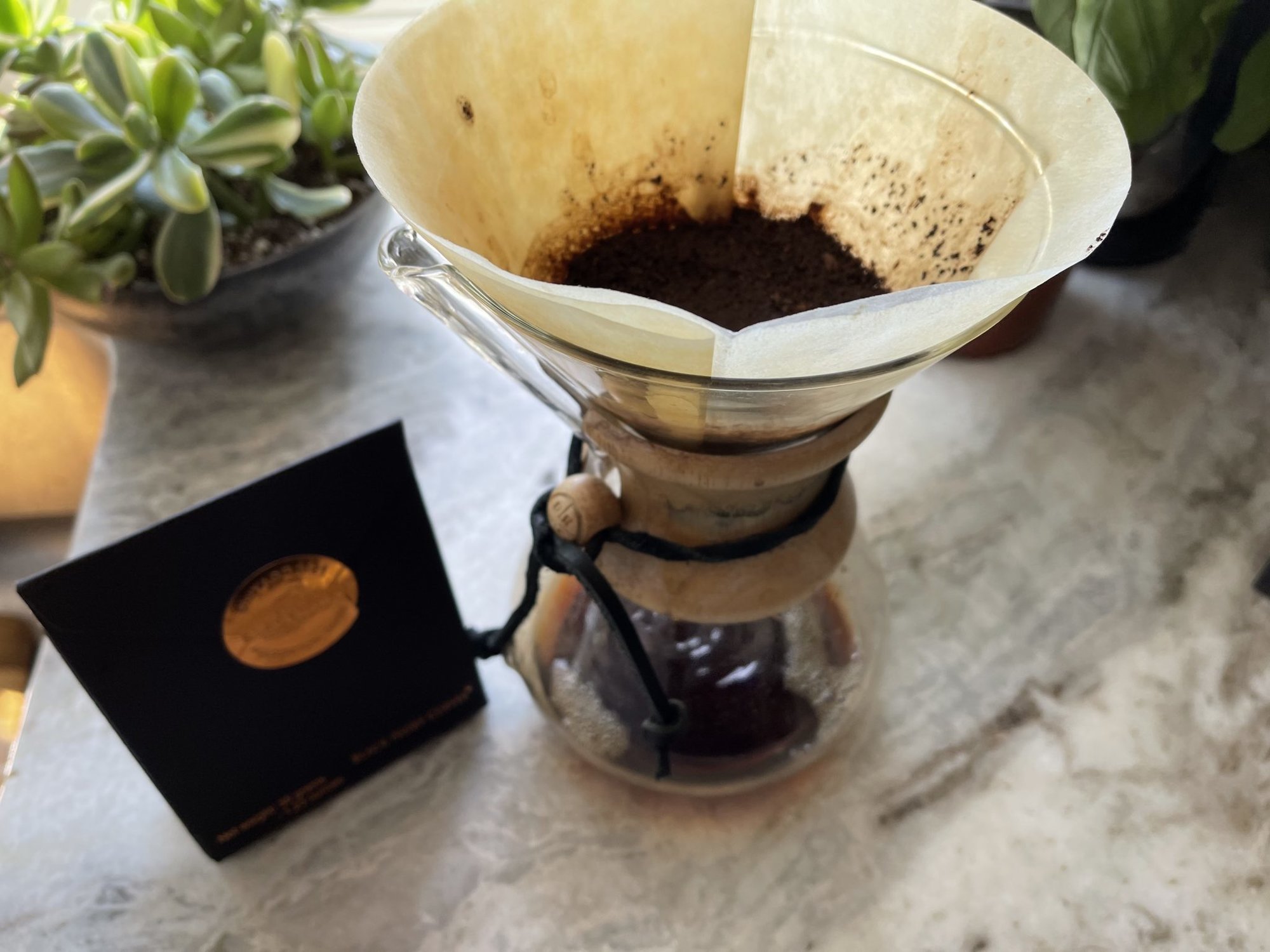
Researchers at Northwestern University released a study that shows coffee drinkers who prefer the bitter taste of black coffee have a genetic variant that also reflects faster caffeine metabolism. Photo by Kevin Butz on Unsplash.
How do you take your coffee? Cream? Sugar? It’s the signature question of gracious hosts, one-night stands, and cafe waitresses. It doesn’t matter whether you like cream, sugar, or both; we all like our coffee the way we like it. For those of us who take it black, however, we might have had a little gentle nudge from our ancestors.
This isn’t because our great-great-great papaw didn’t have access to 80 flavors of sugar-free syrup, nondairy creamer, or pumpkin spice. It’s just in our genes. Do you want that waitress to top off your cup? Hell yeah, you do, and science has discovered the reason.
Researchers at Northwestern University released a study that shows coffee drinkers who prefer the bitter taste of black coffee tend to have a genetic variant that reflects faster caffeine metabolism. When you metabolize the caffeine faster, the stimulant wears off faster, leading this sort of coffee drinker to drink more coffee to achieve the same stimulating effect.

“Our interpretation is these people equate caffeine’s natural bitterness with a psycho-stimulation effect,” Marilyn Cornelis, the lead study author, said. “They learn to associate bitterness with caffeine and the boost they feel. We are seeing a learned effect. When they think of caffeine, they think of a bitter taste, so they enjoy dark coffee.”
This means that black coffee’s bitterness isn’t off-putting. Your body is genetically programmed to want that warm, stimulating effect so much that you don’t need to wash out the natural flavor with eggnog, toffee nut, or whatever other flavor is taking suburban America by storm right now.
Previous research into the bounty of health effects coffee has bestowed on humans has covered myriad potential positives and negatives associated with coffee consumption. You might have heard coffee lowers your risk of developing liver disease, Parkinson’s disease, and Type 2 diabetes.
All of these potential effects are great, for sure, but coffee doesn’t have a causal relationship with them. The significance of Cornelis and her colleagues’ new paper is that it shows a direct, genetic relationship between metabolic effects and taste perceptions.

In the December 2021 paper, underwhelmingly titled, “Genetic determinants of liking and intake of coffee and other bitter foods and beverages,” actually aimed to find that caffeine metabolism had nothing to do with how people take their coffee, and that genetic variants related to taste were associated with black-coffee preference. Not only were the study authors wrong on both counts, but they also found that caffeine-sensitive people preferred unsweetened black tea and dark chocolate, not just black coffee.
Few genome-association studies have shown a link between genetic makeup, behaviors, and taste preferences. Since the flavor of coffee is so easily manipulated and is the most widely consumed beverage in the world, it was made the focus of the taste perception.
Over the course of three years, more than 122,000 people in the United States and the United Kingdom participated in the study. They documented their regular coffee preferences and intakes: how much they drank, how it was brewed, and how they prepared a cup, among other things. Participants were then genotyped, and biographical information was taken.
The results showed that preferring the bitter taste of ground and boiled black beans was related to how fast we metabolize caffeine.

To learn this, scientists analyzed more than just coffee. They also looked at teas, chocolates, and the decaffeinated versions of all three. The caffeine-bitterness preference was apparent when the scientists considered those lunatics who prefer decaf coffee; people who want black coffee also tend to shun decaf, affirming the newly discovered effect of the caffeine-metabolism genetic variant. The same went for tea and dark chocolate.
The study found that people with faster caffeine metabolisms who experience the positive physiological effects from imbibing caffeine associate those effects with the taste and smell of black coffee. This means that the more black coffee they drink, the more they love drinking it, and the more they seek out that caffeine jolt without anything like sugar or cream getting in the way.
As for the stimulant effect of caffeine, those with genetic traits associated with caffeine-induced anxiety are naturally less likely to consume it, no matter how the cup is prepared. In the UK, those who were more prone to anxiety took to tea, which has less caffeine in it than coffee does. In America, they didn’t bother with a caffeinated beverage at all (the Americans had probably thrown the tea into the nearest harbor).
Although the study doesn’t mention energy drinks, it might explain why energy drinks never overtook coffee as a caffeine source. If we’re programmed to associate bitter coffee with an energy boost, the overly sweet taste of your favorite blood orange dreamsicle-flavored Raging Wildebeest energy drink doesn’t track with the required bitterness profile. Hot or iced, coffee is king.
One other interesting thing scientists found: Those who have genetic traits associated with obesity and a high body-mass index were found to prefer their coffee black as well. So someone who loads their morning brew down with sugar and amaretto creamer doesn’t necessarily have a life full of bad habits. It just means they might have bad taste.
Read Next:

Blake Stilwell is a traveler and writer with degrees in design, television & film, journalism, public relations, international relations, and business administration. He is a former US Air Force combat photographer with experience covering politics, entertainment, development, nonprofit, military, and government. His work can be found at We Are The Mighty, Business Insider, Fox News, ABC News, NBC, HBO, and the White House.
BRCC and Bad Moon Print Press team up for an exclusive, limited-edition T-shirt design!
BRCC partners with Team Room Design for an exclusive T-shirt release!
Thirty Seconds Out has partnered with BRCC for an exclusive shirt design invoking the God of Winter.
Lucas O'Hara of Grizzly Forge has teamed up with BRCC for a badass, exclusive Shirt Club T-shirt design featuring his most popular knife and tiomahawk.
Coffee or Die sits down with one of the graphic designers behind Black Rifle Coffee's signature look and vibe.
Biden will award the Medal of Honor to a Vietnam War Army helicopter pilot who risked his life to save a reconnaissance team from almost certain death.
Ever wonder how much Jack Mandaville would f*ck sh*t up if he went back in time? The American Revolution didn't even see him coming.
A nearly 200-year-old West Point time capsule that at first appeared to yield little more than dust contains hidden treasure, the US Military Academy said.












